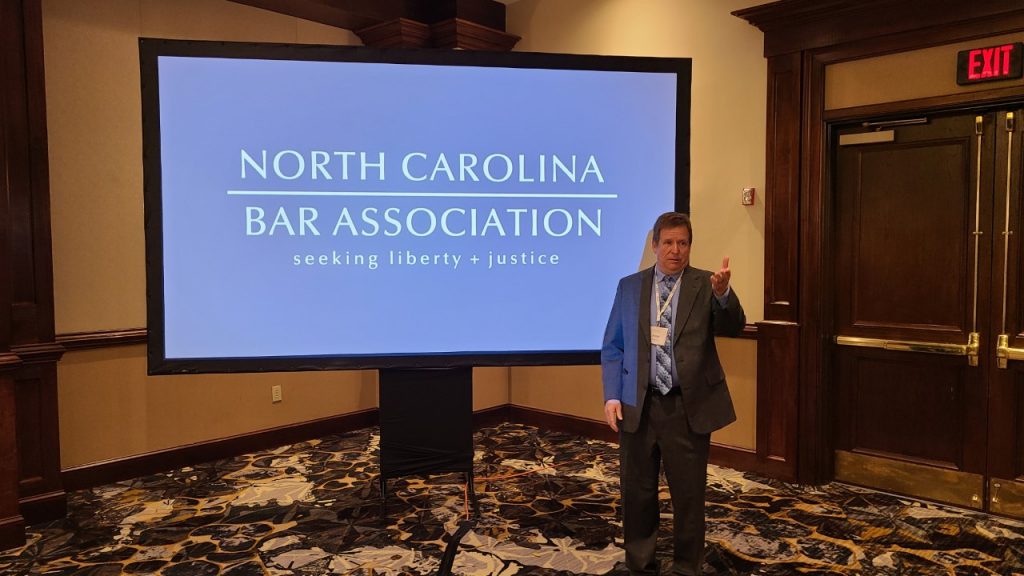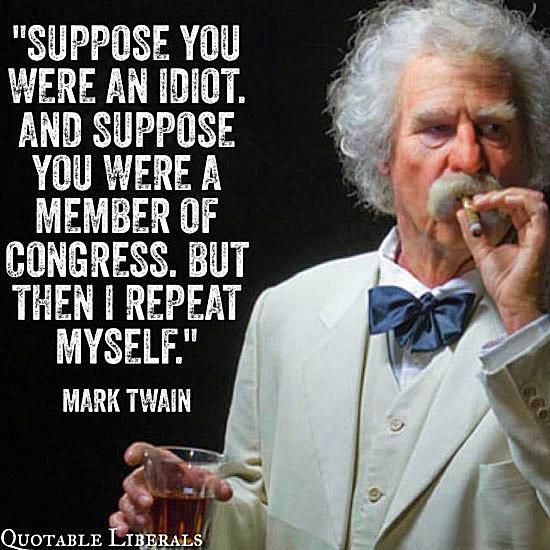Majors: Early registration begins THIS Friday. For most students registration begins NEXT Monday (March 27). When you register depends on the number of credit hours you have completed PRIOR to this semester: The number of COMPLETED HOURS, as of JANUARY, 2023. This number is found on Degree Works, your “OVERALL CREDITS” (not “credits applied”).
Your adviser should have already contacted you to give you’re your PIN and/or set up an appointment.
Before proceeding, you should familiarize yourself with your Degree Works record.
Remember: We advise PS majors take the following classes in the following years/semesters:
*Spring of Sophomore year: POLS 2090
*Fall of Junior year: POLS 3031
*Spring of Junior year: POLS 3032
Finally: BS Pre-Law students: Look to take pre-law concentration courses as early as possible – they may not be offered later!
Other Information About Registration Can Be Found Here
*https://registrar.ecu.edu/students
*https://politicalscience.ecu.edu/for-students/
If you have any questions, please contact your adviser.







